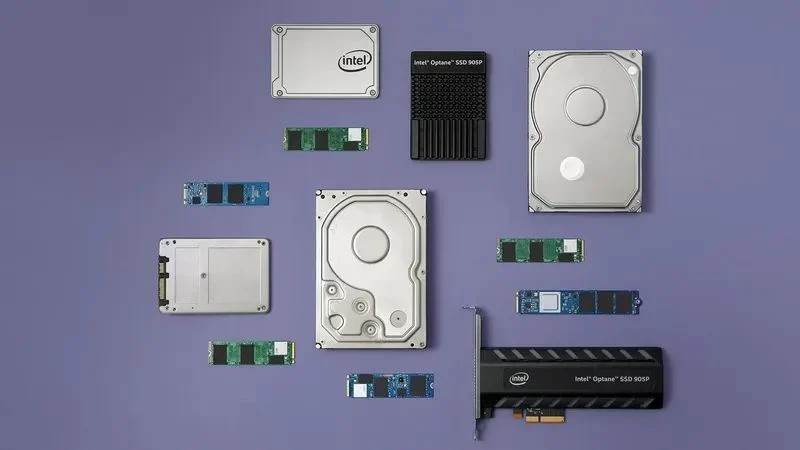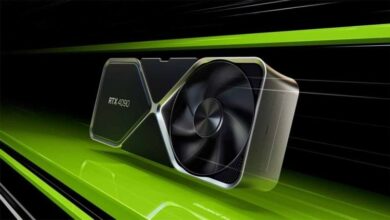Which is More Harmful to the Environment: SSD or HDD?
Although speed and performance are prominent in storage technologies, environmental impacts are now also being discussed. The increasing energy consumption of data centers focused on artificial intelligence in particular has brought the issue of carbon emissions to the forefront. A new analysis reveals how much carbon SSD technology causes and shakes expectations regarding environmentally friendly storage preferences.
SSD Versus HDD and LTO Carbon Balance
A study conducted by Seagate compared SSD, HDD and LTO tape storage solutions in terms of carbon footprint. According to the results, SSDs may be the leaders in performance, but they are the hardware that emits the most carbon during the production process. While an SSD unit draws attention with its 4,915 kg CO² emission, this amount can go up to 160 kg per terabyte. On an annual basis, it creates an environmental impact of 32 kg CO², a very high value.
In contrast, traditional hard disk drives, namely HDDs, offer the lowest value with only 29.7 kg of CO² emissions. HDDs emit less than 1 kg per terabyte and less than 0.2 kg annually. LTO tape solutions also stand out as a much more environmentally friendly alternative to SSDs. These systems, which are in the middle level with a total CO² emission of 48 kg, are considered to be among the low-energy solutions preferred for backup.
With the rapid growth of data centers, the need for energy is also increasing exponentially. While artificial intelligence applications increase the demand for large-scale storage systems, they make the issue of environmental sustainability even more important. In this context, high-performance solutions such as SSDs attract attention with their high production costs and carbon emissions instead of energy savings. This pushes institutions to search for more efficient and low-emission hardware.
Seagate’s report also offers some suggestions to ensure sustainability in data centers. These include switching to liquid cooling systems, recycling practices that will extend the life of products, and distributing carbon emissions equally to all system components. Additionally, Seagate aims to lead in this field with its new generation HDD products with 36 TB capacity featuring HAMR technology.
Read More: New Trailer Released from Covenant





